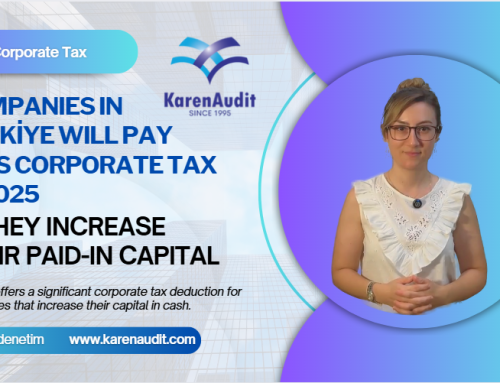S&P Global France Business Outlook
The S&P Global France Business Outlook survey revealed a subdued level of confidence across France’s private sector in June. Of all the European countries with composite Business Outlook data available, France ranked the lowest for output growth expectations. A net balance of +13% of surveyed French businesses expect to see activity levels increase over the coming 12 months, June data indicated. This was little-changed from the previous survey in February (net balance of +14%) but subdued when compared against the series historical average (+25% since October 2009). According to anecdotal reports, political uncertainty – both domestically and abroad – was cited as a reason that dampened sentiment.
That said, where companies predicted higher activity levels, respondents were buoyed by the prospect of further interest rate cuts, as well as lower costs for raw materials and energy. Some companies expressed optimism towards the election outcome, with hopes it could generate stability.
Split by sector, Business Outlook data signaled a divergence in trends as a weaker level of optimism across the service sector (net balance fell to +15%) contrasted with a move from negative to positive sentiment in manufacturing (net balance at +3%). However, growth expectations were stronger in the former.
June Business Outlook data once again showed subdued recruitment intentions across France’s private sector, with the net balance of companies predicting employment growth unchanged at +6%, matching that seen in the two prior survey periods. Subsequently, this meant hiring plans were their joint-weakest since October 2020. Sector data revealed that it was only in the service sector where jobs were expected to be created, as manufacturers predicted a contraction in workforce numbers.
As for capital expenditure plans, the net balance of companies anticipating higher spending was only fractionally positive at +1%. This was weaker than both the Europe and global averages (+5% and +10%, respectively). Meanwhile, research & development is an area French companies are expecting to scale back over the coming 12 months, as more companies predicted cuts to spending here than growth (net balance at -2%). This marked a deterioration in R&D plans, as firms were fractionally optimistic in February.
Inflation expectations cooled across France’s private sector in June. Regarding operating expenses, surveyed companies foresee softer increases in both staff and non-staff costs when compared with February. The net balance of firms predicting greater wage bills fell to +32%, its lowest in three years. Predictions of cost increases from other sources also cooled, with the respective net balance at its weakest since February 2021. Some panel members anticipate reductions in the cost of raw materials and energy, anecdotal reports showed.
Expectations of easing cost pressures fed through to companies’ strategies surrounding their own prices charged, as a net balance of just +10% noted plans to raise selling prices over the next 12 months. Not only was this the lowest for over three years, but it was also back down in line with its pre-pandemic average (+11%).
As has been the case since June 2022, French private sector companies anticipated profit erosion over the next 12 months in June. This trend was particularly prevalent across the manufacturing sector (net balance of -18%), but service providers were also pessimistic towards the corporate earnings outlook (net balance of -8%). The subsequent total net balance of -10% was slightly worse than in February.
Source: S&P GLOBAL
Legal Notice: The information in this article is intended for information purposes only. It is not intended for professional information purposes specific to a person or an institution. Every institution has different requirements because of its own circumstances even though they bear a resemblance to each other. Consequently, it is your interest to consult on an expert before taking a decision based on information stated in this article and putting into practice. Neither Karen Audit nor related person or institutions are not responsible for any damages or losses that might occur in consequence of the use of the information in this article by private or formal, real or legal person and institutions.






